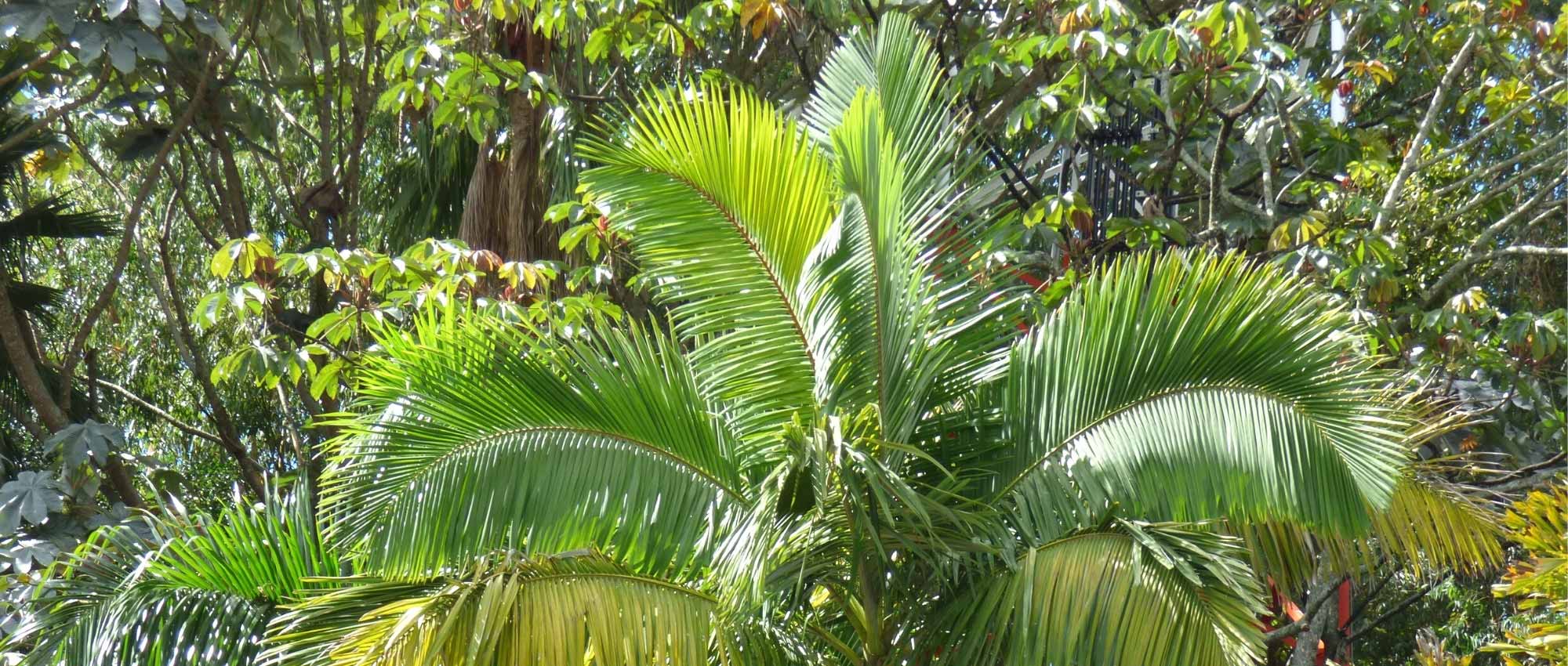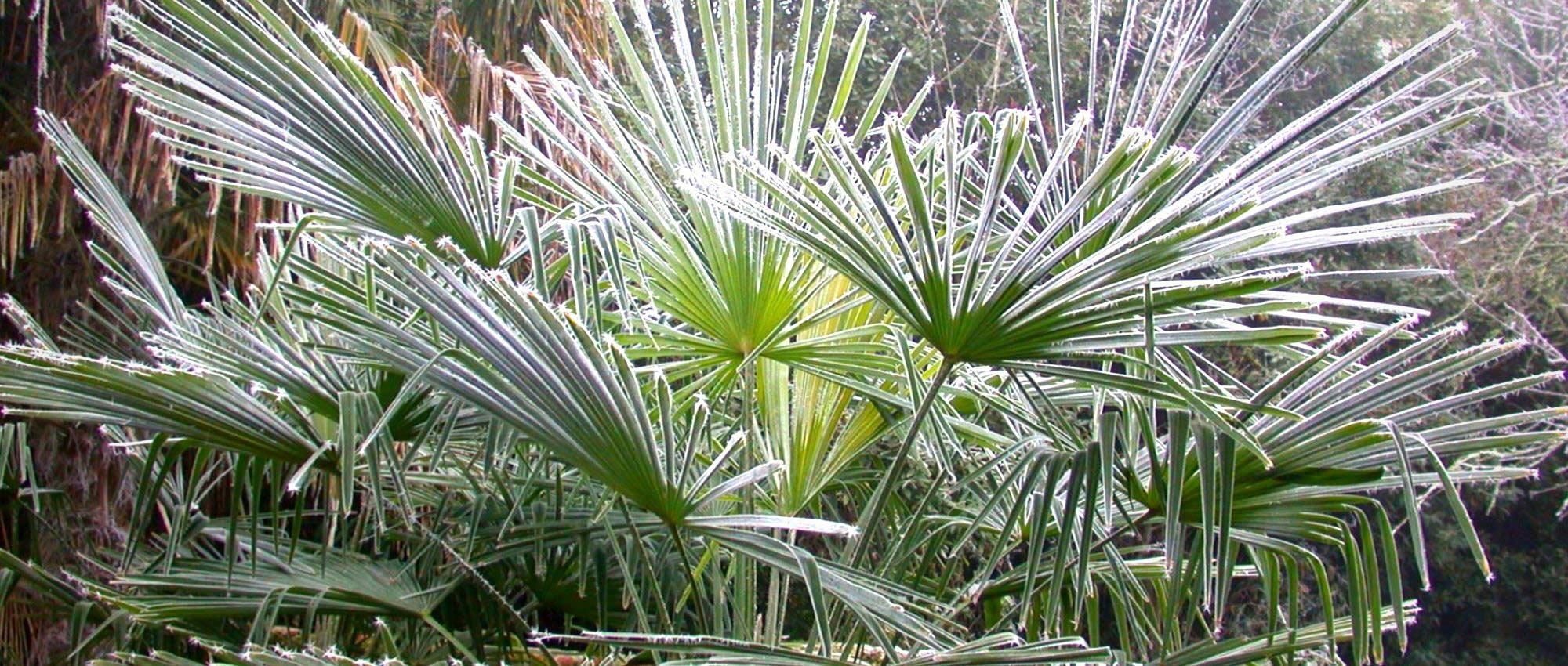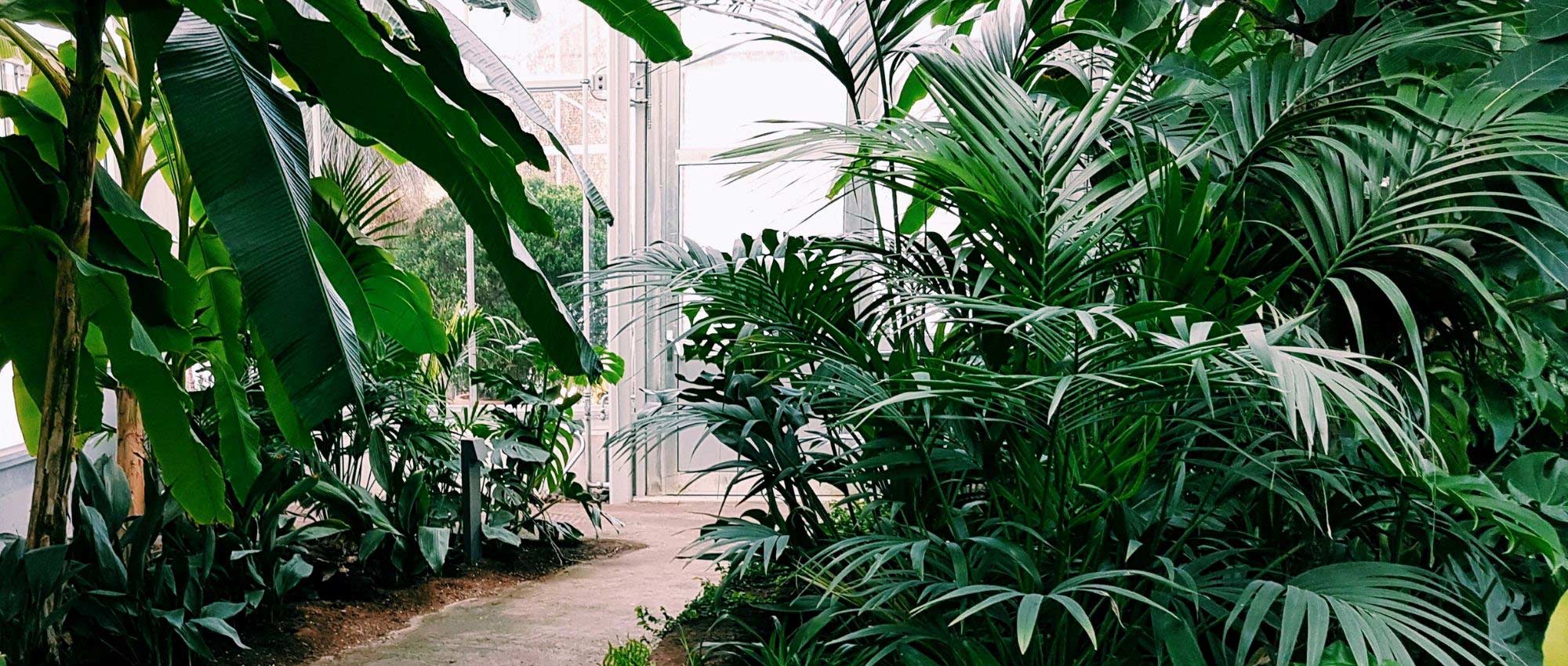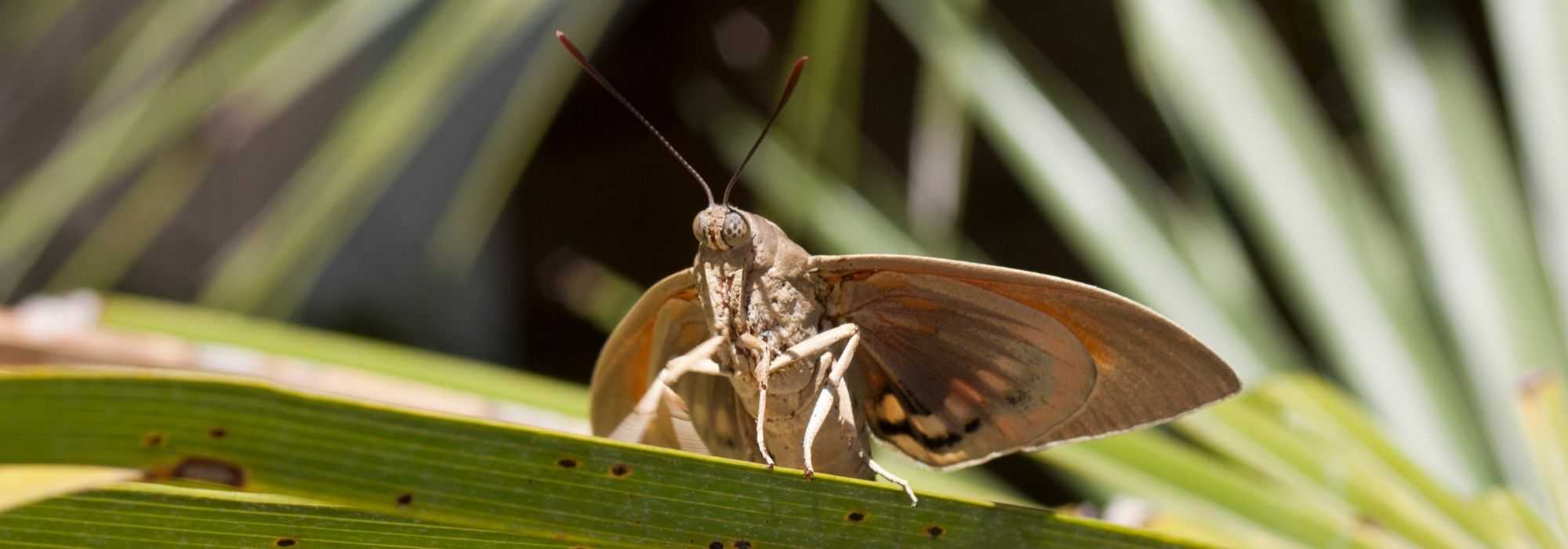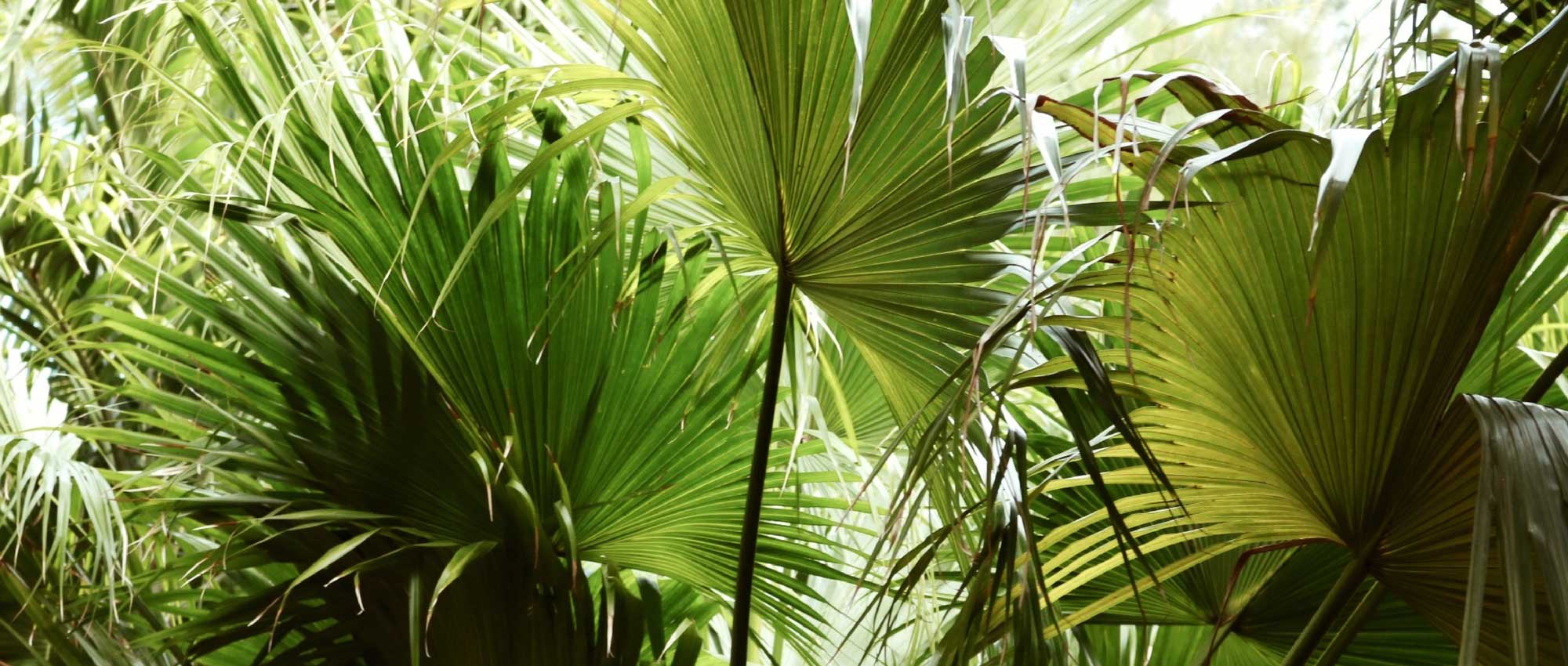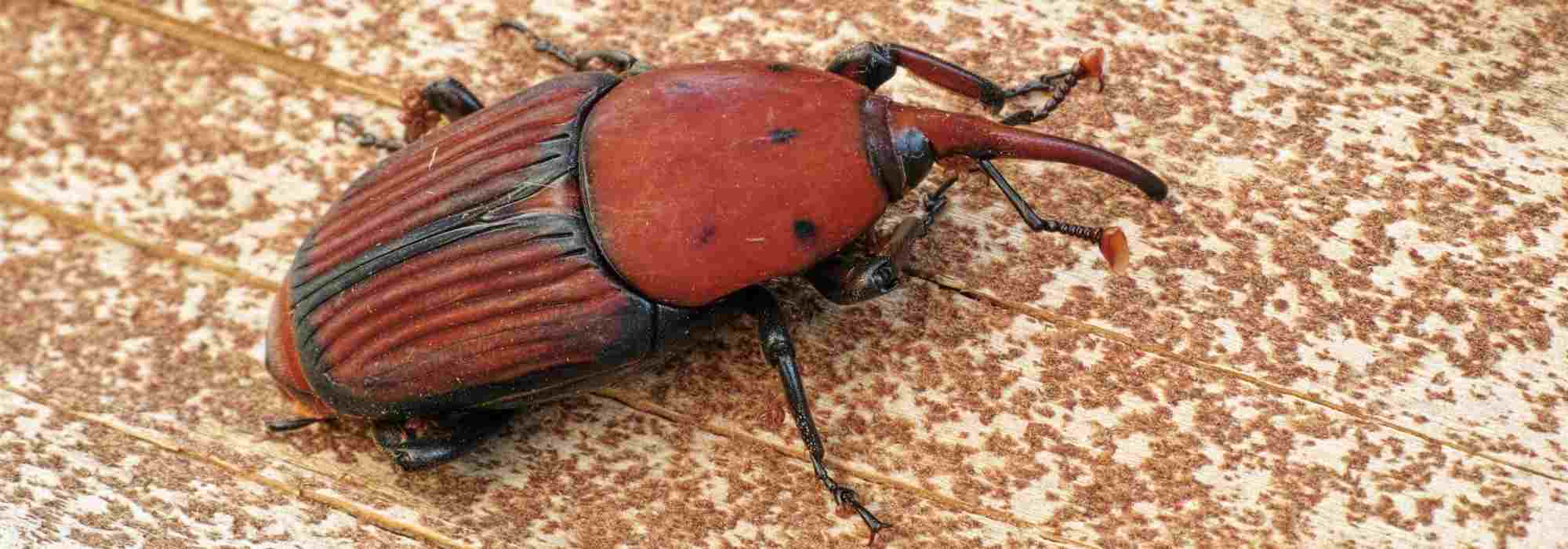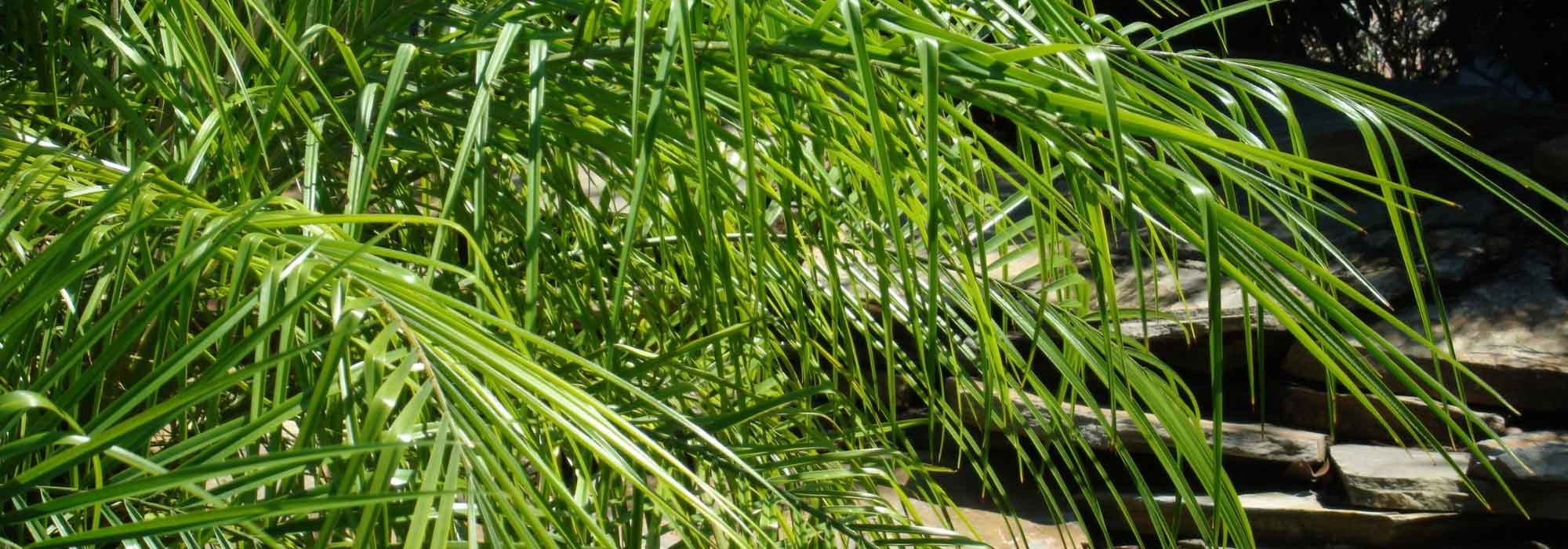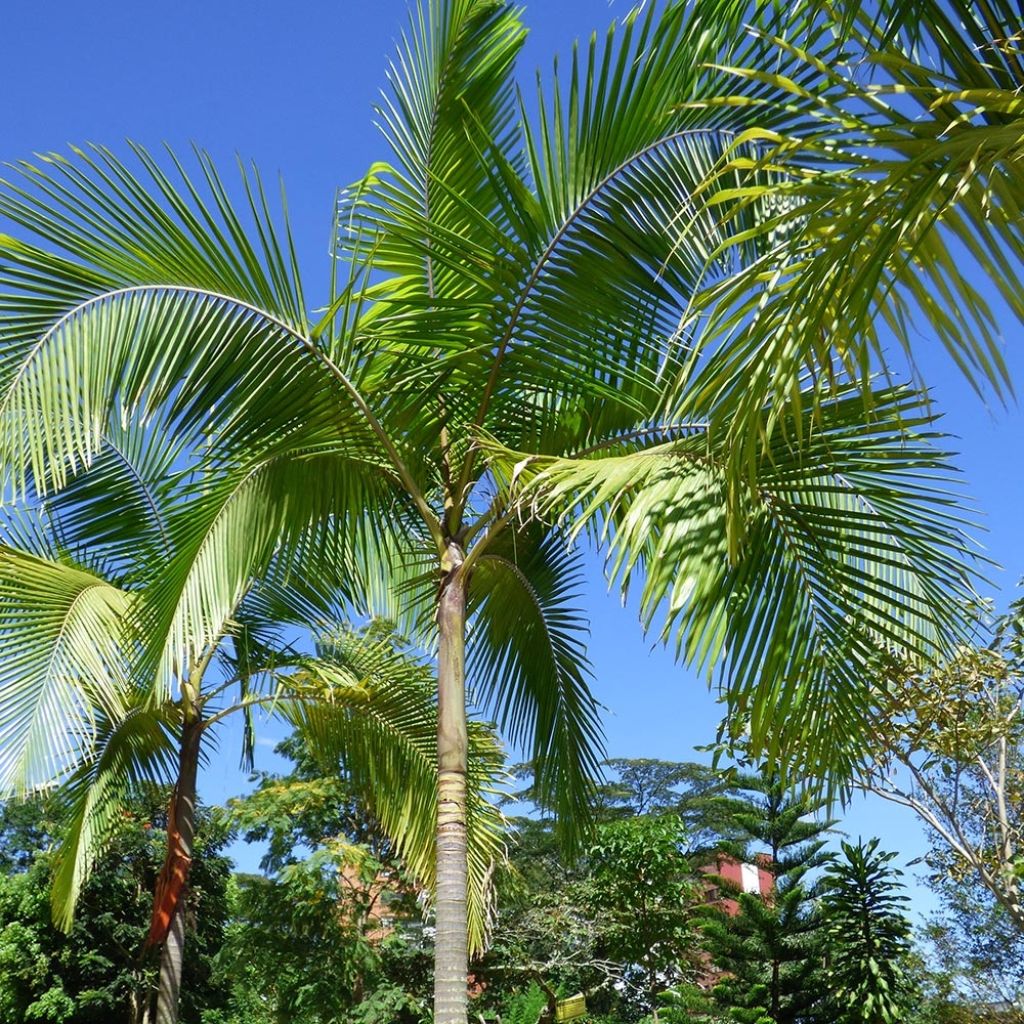

Archontophoenix cunninghamiana - Piccabeen Palm
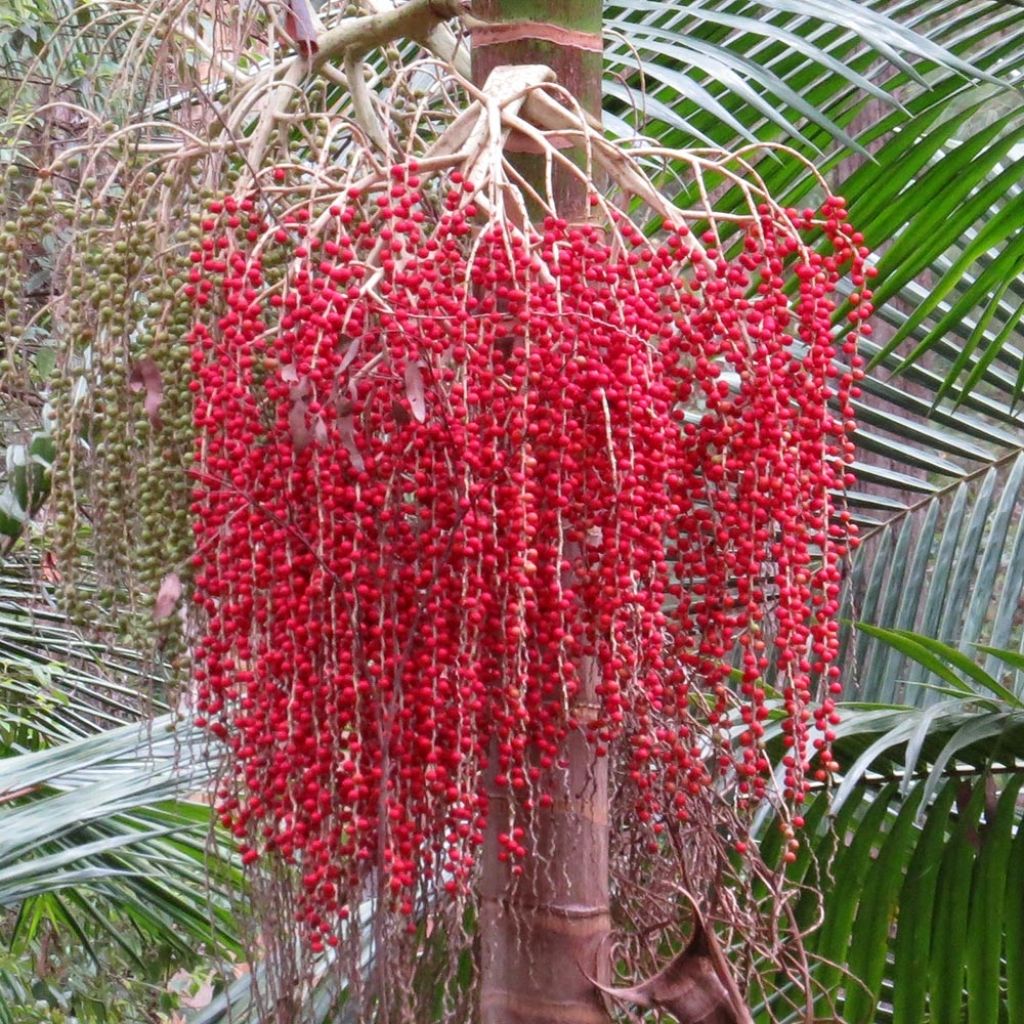

Archontophoenix cunninghamiana - Piccabeen Palm
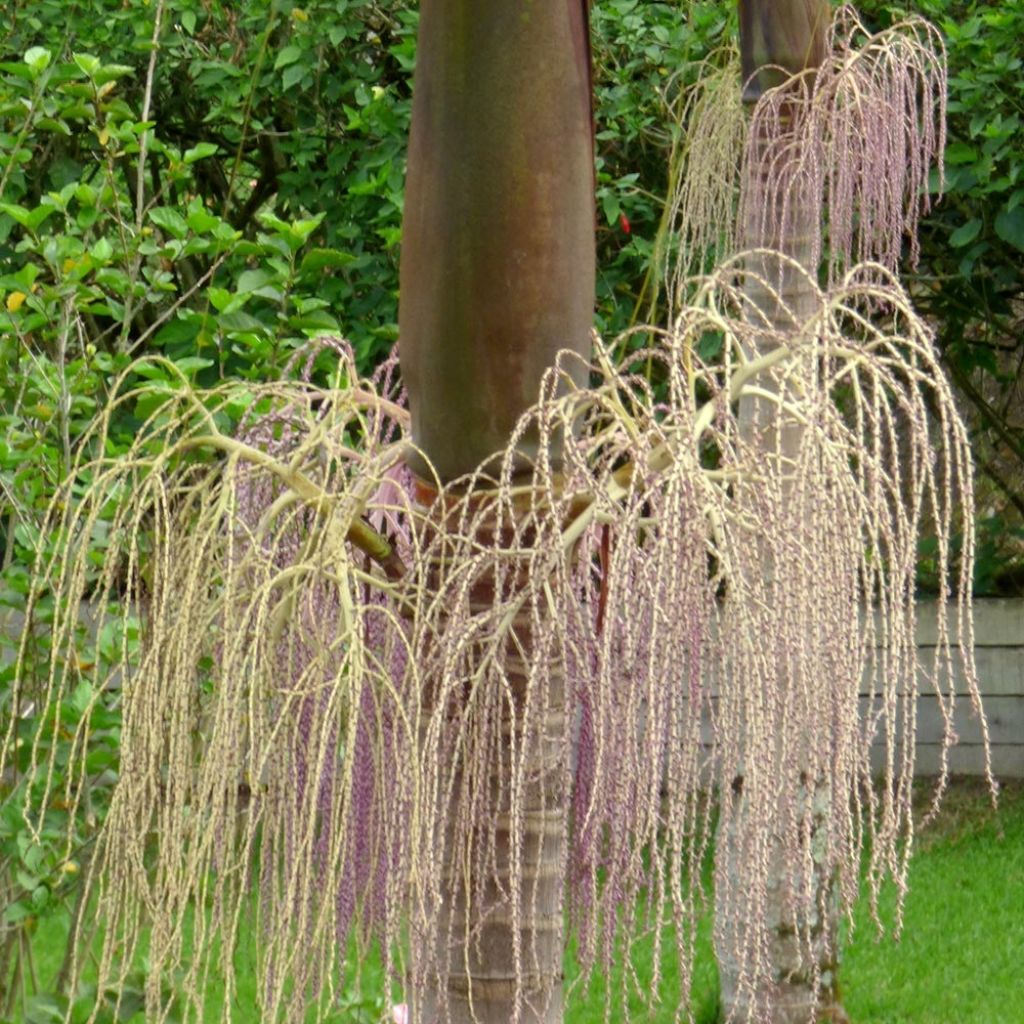

Archontophoenix cunninghamiana - Piccabeen Palm
Archontophoenix cunninghamiana - Piccabeen Palm
Archontophoenix cunninghamiana
Piccabeen Palm, Bangalow Palm
Superb
Josiane, 01/08/2020
Special offer!
Receive a €20 voucher for any order over €90 (excluding delivery costs, credit notes, and plastic-free options)!
1- Add your favorite plants to your cart.
2- Once you have reached €90, confirm your order (you can even choose the delivery date!).
3- As soon as your order is shipped, you will receive an email containing your voucher code, valid for 3 months (90 days).
Your voucher is unique and can only be used once, for any order with a minimum value of €20, excluding delivery costs.
Can be combined with other current offers, non-divisible and non-refundable.
This plant carries a 24 months recovery warranty
More information
We guarantee the quality of our plants for a full growing cycle, and will replace at our expense any plant that fails to recover under normal climatic and planting conditions.
Does this plant fit my garden?
Set up your Plantfit profile →
Description
The Archontophoenix cunninghamiana, better known as the King Palm, is a very beautiful species native to the subtropical forests of Australia. It is not very hardy and can only be grown in the ground in frost-free climes, but it thrives in containers, where it forms a graceful and highly decorative plant throughout the year. It is a shade-loving plant that particularly enjoys mild and humid environments.
Archontophoenix cunninghamiana belongs to the family of Arecaceae. Its trunk, called a stipe, is solitary, smooth, greyish, and marked with green rings, which are remnants of old petioles. In its natural habitat, it can reach 20 m (66 ft) in height when grown in the ground, but will remain much smaller in containers. At the top of the stipe, a crown formed of large palmate leaves called fronds, develops. These fronds are arched, divided into numerous light green, leathery, and shiny leaflets, sometimes with pendant filaments. Each leaf, which can be as long as 2 m (7 ft), slightly droops at its tip and is carried by a long petiole. Flowering occurs in summer in the form of ramified and dense inflorescences that emerge under the crown of the leaves, with a different appearance depending on whether they are male or female. Male inflorescences are shorter and somewhat resemble brooms, while female inflorescences are long, pendulous, and adorned with small purple flowers. These flowers are followed by non-edible but decorative, ovoid, bright red berries when ripe, and measuring 1.5 cm (0.6 in) in diameter.
When planted in the ground, the The Archontophoenix cunninghamiana deserves a prominent spot in front of a large shrub ensemble that will protect it from excessive sunlight. It also makes elegant rows in mild climates, including coastal areas. It requires space to fully express its beauty and grows quickly if provided with sufficient water and nutrients. It is well-suited for container cultivation and makes a stunning indoor plant for spacious well-lit entrances, verandas, and temperate greenhouses. It can sometimes be challenging to pair with other plants due to its strong personality. Reserve a corner by a pool and plant small evergreen bushes like bushy sage and teucrium, which are simple and floriferous, at its base. Strongly visual, minimalist, and colourful plants like Phormiums, precise and geometric Agaves, almost metallic Astelia chathamica, orange Hakonechloa macra Aureola in autumn, and violet and delicate Verbena bonariensis can accompany it in a striking and easy-to-maintain flower bed.
Archontophoenix cunninghamiana - Piccabeen Palm in pictures
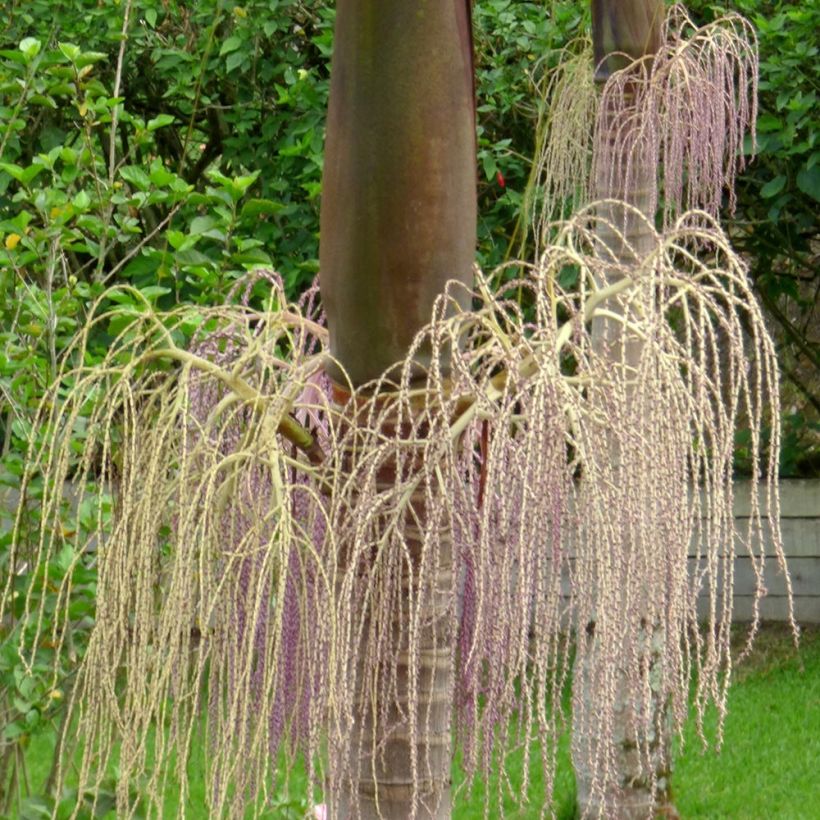

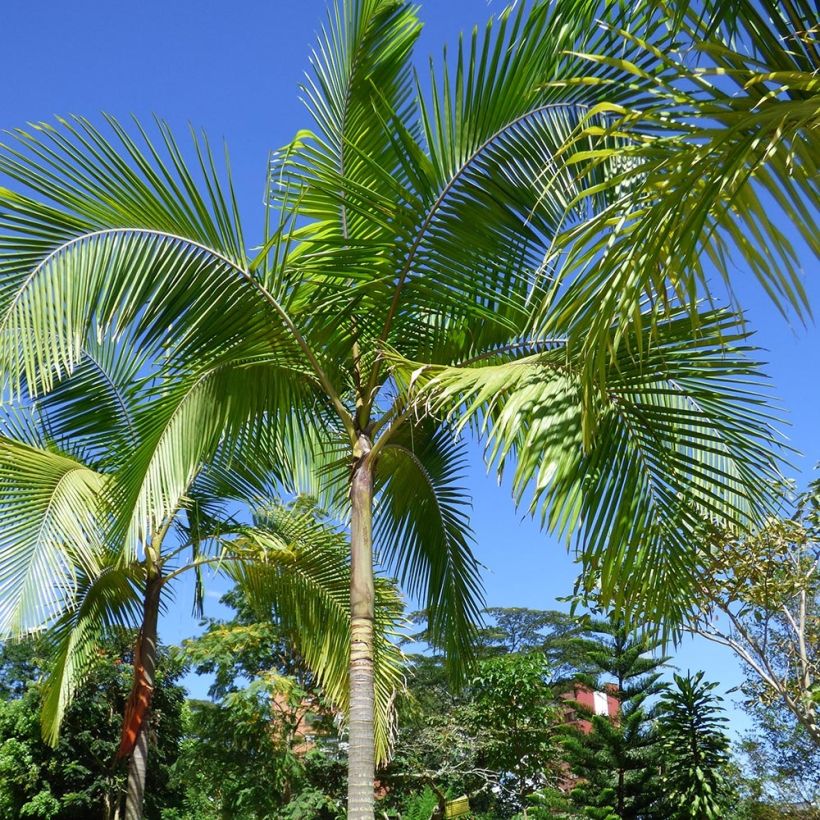

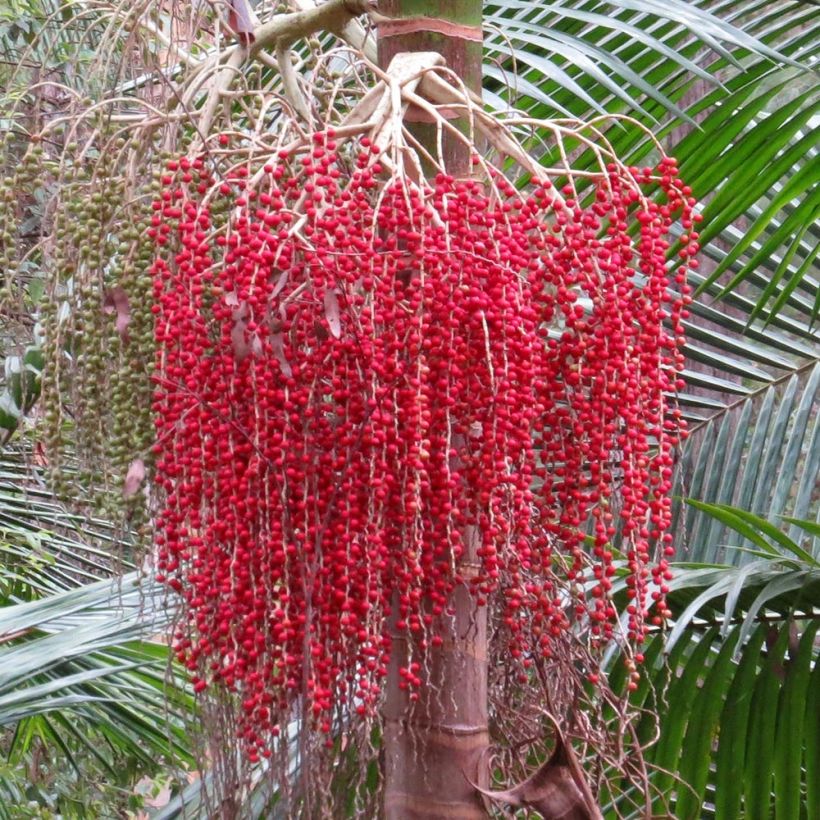

Plant habit
Flowering
Foliage
Botanical data
Archontophoenix
cunninghamiana
Arecaceae
Piccabeen Palm, Bangalow Palm
Australia
Other Archontophoenix
View all →Planting and care
This palm tree shows quite a rapid growth, especially when regularly watered in hot climates. It is intolerant of scorching exposure but loves tropical, mild and humid environments. Plant the hardy King Palm in the ground in very mild climates (it suffers below -4°C (24.8 °F)), or in a very large container to overwinter under cover in other regions. It must be protected when cold weather is forecast by tightly binding the crown of leaves to protect the plant's heart. set it in partial shade, in humus-rich, light, flexible, well-drained soil that remains moist throughout the year, including in summer. It does not tolerate drought. Easy to grow, it requires little maintenance except for pruning the oldest fronds close to the stem.
Container cultivation:
Choose a very large pot or a perforated bottom container, with a capacity of 75 to 100 litres. Prepare a mixture of 50% loam, 25% heath soil or humus, and 25% sand. Mix well. Partially fill your container after placing a drainage layer at the bottom (clay balls, gravel, broken terracotta pots...). Place your palm tree on the mixture, so that the base (the area where the roots originate) does not exceed the top of the pot but is not buried too deep under the substrate either. Add the rest of the mixture around the root ball, firming it down. Water in several stages to saturate the substrate with water and remove air. Place your palm tree in a very bright place, avoiding harsh sunlight. Outdoors, place it in partial shade, avoiding full sun which can burn its foliage. After two weeks in partial shade, you can gradually expose it to the sun.
Diseases and pests:
In the south of France and Spain where they are often planted, large palm trees are victims of parasites such as the dreaded and widespread Paysandra archon moth, which is active even in England. Specific treatments are now available as a preventive measure. The red palm weevil (Rhynchophorus ferrugineus) has been present in our climates since 2006. The symptoms are as follows: fronds cut, dried or yellowing. These pests attack numerous palm species, with a fatal outcome: the leaves irreversibly and completely dry out as soon as the heart of the stem harbours larvae.
Planting period
Intended location
Care
Planting & care advice
-
, onOrder confirmed
Reply from on Promesse de fleurs
Haven't found what you were looking for?
Hardiness is the lowest winter temperature a plant can endure without suffering serious damage or even dying. However, hardiness is affected by location (a sheltered area, such as a patio), protection (winter cover) and soil type (hardiness is improved by well-drained soil).

Photo Sharing Terms & Conditions
In order to encourage gardeners to interact and share their experiences, Promesse de fleurs offers various media enabling content to be uploaded onto its Site - in particular via the ‘Photo sharing’ module.
The User agrees to refrain from:
- Posting any content that is illegal, prejudicial, insulting, racist, inciteful to hatred, revisionist, contrary to public decency, that infringes on privacy or on the privacy rights of third parties, in particular the publicity rights of persons and goods, intellectual property rights, or the right to privacy.
- Submitting content on behalf of a third party;
- Impersonate the identity of a third party and/or publish any personal information about a third party;
In general, the User undertakes to refrain from any unethical behaviour.
All Content (in particular text, comments, files, images, photos, videos, creative works, etc.), which may be subject to property or intellectual property rights, image or other private rights, shall remain the property of the User, subject to the limited rights granted by the terms of the licence granted by Promesse de fleurs as stated below. Users are at liberty to publish or not to publish such Content on the Site, notably via the ‘Photo Sharing’ facility, and accept that this Content shall be made public and freely accessible, notably on the Internet.
Users further acknowledge, undertake to have ,and guarantee that they hold all necessary rights and permissions to publish such material on the Site, in particular with regard to the legislation in force pertaining to any privacy, property, intellectual property, image, or contractual rights, or rights of any other nature. By publishing such Content on the Site, Users acknowledge accepting full liability as publishers of the Content within the meaning of the law, and grant Promesse de fleurs, free of charge, an inclusive, worldwide licence for the said Content for the entire duration of its publication, including all reproduction, representation, up/downloading, displaying, performing, transmission, and storage rights.
Users also grant permission for their name to be linked to the Content and accept that this link may not always be made available.
By engaging in posting material, Users consent to their Content becoming automatically accessible on the Internet, in particular on other sites and/or blogs and/or web pages of the Promesse de fleurs site, including in particular social pages and the Promesse de fleurs catalogue.
Users may secure the removal of entrusted content free of charge by issuing a simple request via our contact form.
The flowering period indicated on our website applies to countries and regions located in USDA zone 8 (France, the United Kingdom, Ireland, the Netherlands, etc.)
It will vary according to where you live:
- In zones 9 to 10 (Italy, Spain, Greece, etc.), flowering will occur about 2 to 4 weeks earlier.
- In zones 6 to 7 (Germany, Poland, Slovenia, and lower mountainous regions), flowering will be delayed by 2 to 3 weeks.
- In zone 5 (Central Europe, Scandinavia), blooming will be delayed by 3 to 5 weeks.
In temperate climates, pruning of spring-flowering shrubs (forsythia, spireas, etc.) should be done just after flowering.
Pruning of summer-flowering shrubs (Indian Lilac, Perovskia, etc.) can be done in winter or spring.
In cold regions as well as with frost-sensitive plants, avoid pruning too early when severe frosts may still occur.
The planting period indicated on our website applies to countries and regions located in USDA zone 8 (France, United Kingdom, Ireland, Netherlands).
It will vary according to where you live:
- In Mediterranean zones (Marseille, Madrid, Milan, etc.), autumn and winter are the best planting periods.
- In continental zones (Strasbourg, Munich, Vienna, etc.), delay planting by 2 to 3 weeks in spring and bring it forward by 2 to 4 weeks in autumn.
- In mountainous regions (the Alps, Pyrenees, Carpathians, etc.), it is best to plant in late spring (May-June) or late summer (August-September).
The harvesting period indicated on our website applies to countries and regions in USDA zone 8 (France, England, Ireland, the Netherlands).
In colder areas (Scandinavia, Poland, Austria...) fruit and vegetable harvests are likely to be delayed by 3-4 weeks.
In warmer areas (Italy, Spain, Greece, etc.), harvesting will probably take place earlier, depending on weather conditions.
The sowing periods indicated on our website apply to countries and regions within USDA Zone 8 (France, UK, Ireland, Netherlands).
In colder areas (Scandinavia, Poland, Austria...), delay any outdoor sowing by 3-4 weeks, or sow under glass.
In warmer climes (Italy, Spain, Greece, etc.), bring outdoor sowing forward by a few weeks.






























